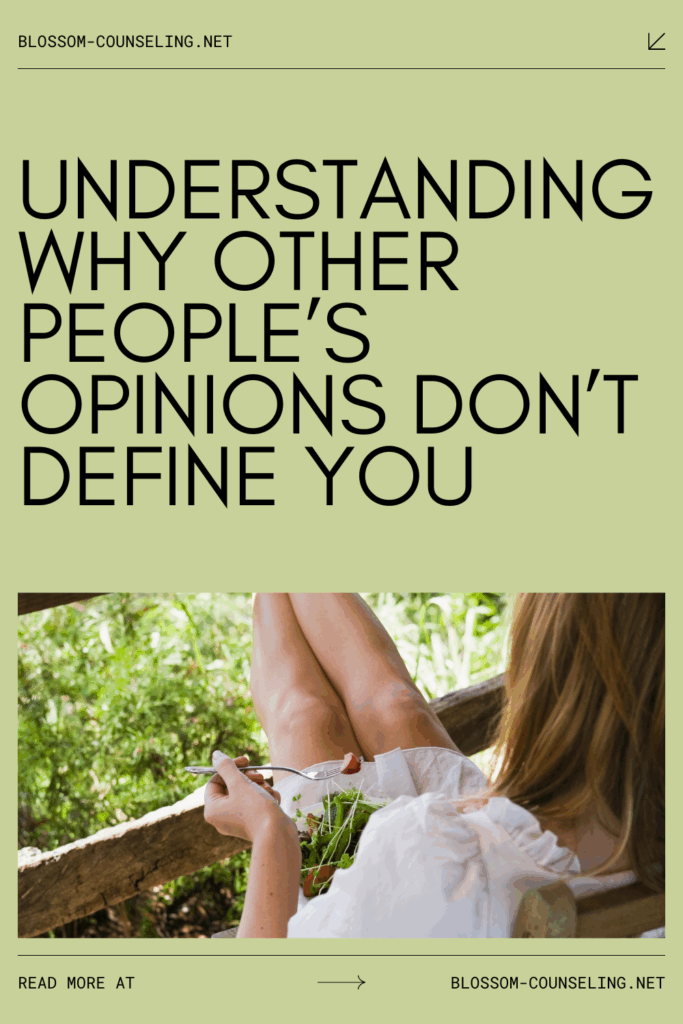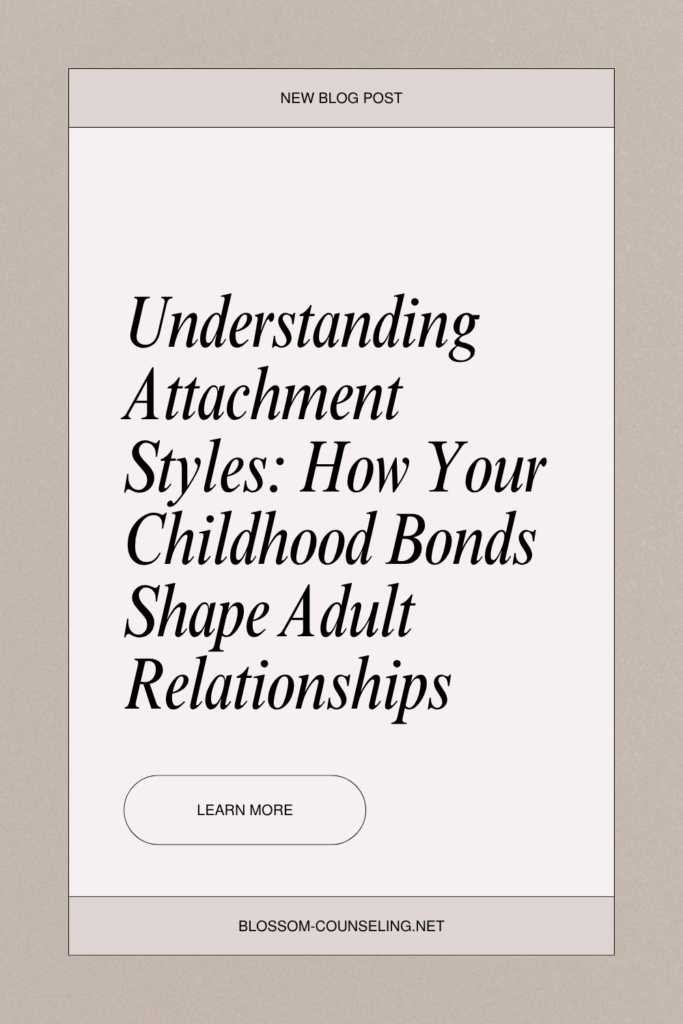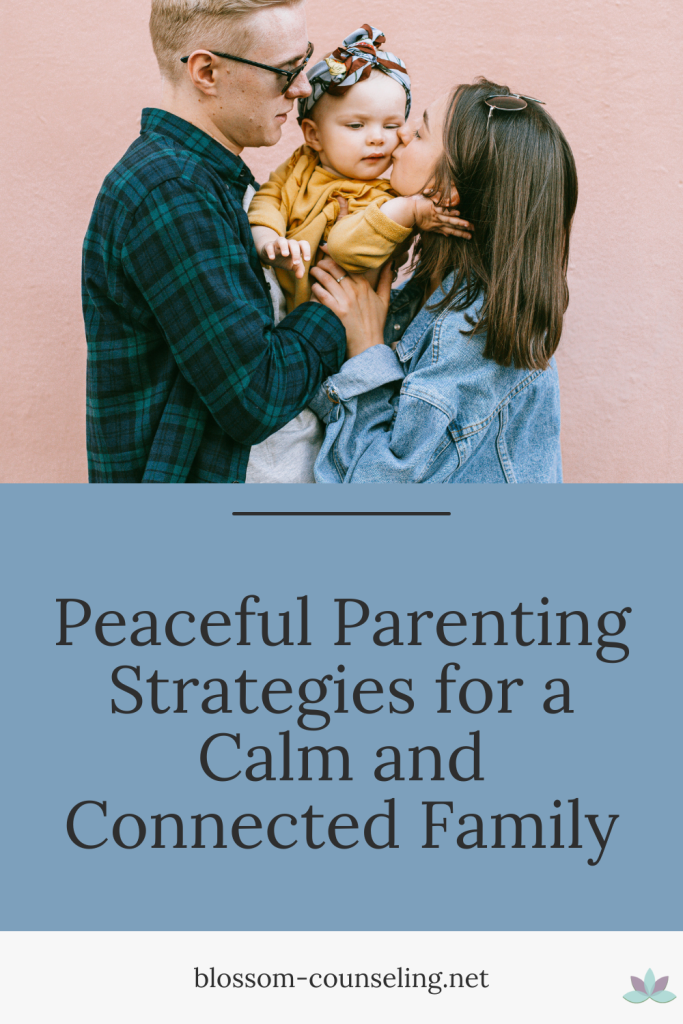Have you ever caught yourself saying, “I didn’t mean it like that!” or “I was just trying to help!” after someone reacted negatively to something you said or did? Maybe you’ve felt hurt when someone didn’t take your advice, or frustrated when a friend didn’t pick up on what you were hinting at. If so, you might be engaging in manipulative behavior—without even realizing it.
What Does It Mean to Be Manipulative?
Manipulation often brings to mind images of master manipulators—the toxic ex, the controlling boss, the friend who always plays the victim. But the truth is, manipulation isn’t always malicious, and many of us engage in it unintentionally. At its core, manipulation is about influencing others in a way that prioritizes your needs over theirs, often by using indirect, covert, or emotionally charged tactics.
People don’t usually manipulate out of cruelty; it’s often a learned behavior rooted in fear, insecurity, or past experiences. If you grew up in a household where direct communication wasn’t safe or effective, you may have unconsciously adopted more subtle ways of getting your needs met. Or maybe you’ve learned that people are more likely to listen if you guilt-trip them a little.
Signs You Might Be Manipulative Without Knowing It
1. You Drop Hints Instead of Saying What You Want
Ever been upset that your partner didn’t do something nice for you—even though you never actually asked for it? Hinting (“It would be so nice if someone made me coffee in the morning…”) instead of clearly stating your needs (“Could you make me coffee tomorrow morning?”) can be a form of passive manipulation. It creates pressure for the other person to decode your feelings instead of giving them the choice to say yes or no to a direct request.
2. You Use Guilt as a Tool
Guilt is a powerful motivator, and sometimes we lean on it to get what we want. Phrases like, “After everything I’ve done for you, this is how you treat me?” or “Wow, I guess I’m the only one who cares about this friendship” can make the other person feel obligated rather than genuinely willing to meet your needs. If your goal is connection, guilt-tripping usually backfires—it might get compliance in the short term, but it breeds resentment in the long run.
3. You Play the “Martyr” Role
If you frequently sacrifice your own needs and then feel unappreciated, you might be engaging in manipulative patterns without realizing it. Saying yes to everything, overextending yourself, and then resenting others for not noticing your efforts can be a way of seeking validation through obligation. The unspoken message? “Look at how much I do for you. You owe me.”
4. You Struggle to Take “No” for an Answer
Being persistent isn’t inherently bad, but if you find yourself pressuring people after they’ve already declined, it might be time to check in with yourself. Saying things like, “Come on, don’t be like that” or “If you really cared about me, you’d do this” puts emotional weight on someone else’s choice. Respecting a “no” without pushing back is a sign of healthy, non-manipulative communication.
5. You Expect People to Read Your Mind
Do you get irritated when someone doesn’t pick up on your moods or needs right away? Expecting people to “just know” what you want and getting upset when they don’t can be a subtle form of manipulation. It places the responsibility on others to anticipate your needs instead of you expressing them.
How to Shift Toward Healthier Communication
If you recognize yourself in any of these behaviors, don’t panic. The good news? Most of these patterns are unintentional and can be unlearned with self-awareness and practice. Here are a few ways to shift toward healthier interactions:
- Be direct about your needs. Instead of dropping hints, state what you want clearly and respectfully.
- Accept “no” without resentment. Someone else’s boundaries are not a personal attack on you.
- Check in with yourself before making requests. Are you asking for something freely, or are you hoping the other person feels obligated?
- Practice emotional self-regulation. If you feel hurt or disappointed, process your feelings before reacting.
- Own your choices. If you choose to do something nice for someone, do it because you genuinely want to—not because you expect something in return.
No one communicates perfectly 100% of the time, and slipping into manipulative tendencies doesn’t make you a bad person. What matters is being willing to recognize these behaviors, understand where they come from, and work toward healthier ways of getting your needs met. Relationships thrive on honesty, respect, and mutual care—not obligation, guilt, or pressure.
Our team of compassionate therapists is here to help you find the support you need. We believe in a holistic approach, treating your mind, body, and spirit. With a blend of traditional and alternative therapies, we tailor your experience to meet your unique needs. At Blossom, we create a non-judgmental space where you can be your authentic self. Our goal is to empower you, amplify your strengths, and help you create lasting change. Together, we’ll navigate life’s challenges and help you bloom, grow, blossom! You deserve to become the best version of you.




